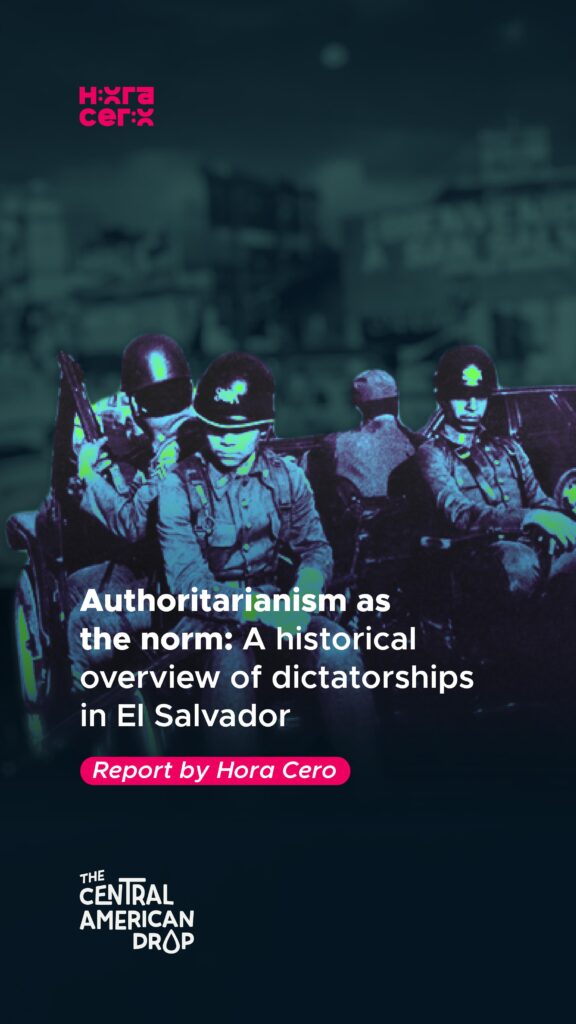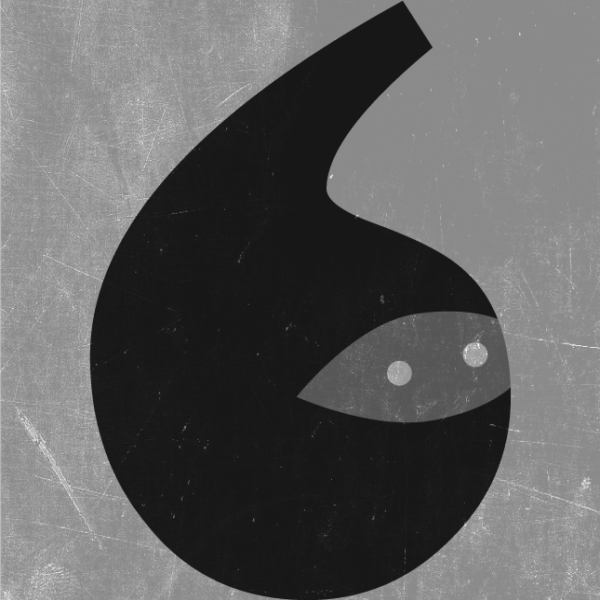
Historically, El Salvador has been dominated by authoritarian regimes, from personalist governments, such as that of Maximiliano Hernández Martínez, to closed oligarchies. True democracy with alternation and freedom has been limited and somewhat recent, especially after the 1992 peace accords.
This is the way Salvadoran historian Hector Lindo reflected, in conversation with HoraCero, where he addressed the recent constitutional reforms from a historical, in-depth, and critical perspective, offering a thoughtful look at the current implications for democracy and the country’s future.
Lindo places recent reforms, such as the elimination of presidential reelection limits and the extension of the term to six years, within a historical pattern of concentration of power in El Salvador. Drawing on 19th-century precedents, he points out that in his country, «the only case where indefinite reelection was permitted was with Rafael Zaldívar, in 1883. But, due to his widespread corruption, he suffered a coup d’état.»
Héctor Lindo Fuentes mentions several authoritarian regimes and governments with concentrated power in the history of El Salvador.
1- Rafael Zaldívar (late 19th century)
2- The oligarchy and family dynasties, such as the Meléndez Quiñónez (early 20th century)
3- Maximiliano Hernández Martínez (1930–1944 and subsequent attempts)
4- Post-Martínez period, with military governments and alliances with the oligarchy
5- Current trends under the government of Nayib Bukele
Within the Latin American context, Lindo mentions examples such as Hugo Chávez in Venezuela and Daniel Ortega in Nicaragua, «who introduced similar mechanisms to remain in power.» However, he points out the difference with the Salvadoran case in the unprecedented speed with which the reforms were approved.
«It is completely unprecedented that, in a single afternoon, without any discussion, a very important change was introduced into the Constitution, with two plenary sessions on the same day,» Lindo warned, describing it as a break with democratic traditions and parliamentary review processes.
On the other hand, Lindo warns that the manipulation of history is common to justify the concentration of power, with the aim of «creating an alternate reality in which dictatorship is presented as the best solution to problems.»
According to the historian, the current configuration favors the permanence of Bukele and his party, while introducing other authoritarian controls. “Corruption is not only about enrichment, but also about gaining loyalty. An authoritarian ruler allows his followers to commit corruption to secure their support.”
He adds that among the reactions to his weakening popularity are the «manipulation of the legal system to combat the opposition» and threats of increased resources for the military, as he sees «the possibility of more violent repression.»
«When all else fails, violent repression has been used to keep a small group in power, as happened during the Martínez era and other dictatorships,» he said.
El Salvador is going through a critical moment: the possibility of continuing historical cycles of authoritarianism. To counter this trend, Lindo insists on rescuing democratic memory and fundamental historical references that they inspire “civil society and political actors to counter authoritarianism.”
He sets as an example the Constitutionalist Party founded in 1903 after the assassination of Manuel Enrique Araujo, with prominent members such as Miguel Tomás Molina, who re-founded it in 1922 to fight against the Meléndez Quiñonez family dynasty.
«It had a large following, especially among women. However, the women’s movement was suppressed by Quiñonez with a massacre at Christmas in 1922. But then, Miguel Tomás Molina and the group behind that party returned to political life in 1944 and managed to overthrow Martínez,» Lindo recounts.
For Lindo, the Constitutionalist Party represented an inclusive democratic movement that, despite repression and obstacles, kept alive hope and the struggle for a democracy based on respect for the Constitution. It was an important part of the resistance that overthrew General Martínez, which included activists and intellectuals such as Salvador Merlos, Amparo Casamalguapa, Prudencia Ayala, and others.
«Democracy isn’t perfect, but it’s the system that best benefits the majority and prevents violence, so we must defend it with commitment, organization, and memory,» he concluded.

| Cookie | Duración | Descripción |
|---|---|---|
| cookielawinfo-checkbox-analytics | 11 months | This cookie is set by GDPR Cookie Consent plugin. The cookie is used to store the user consent for the cookies in the category "Analytics". |
| cookielawinfo-checkbox-functional | 11 months | The cookie is set by GDPR cookie consent to record the user consent for the cookies in the category "Functional". |
| cookielawinfo-checkbox-necessary | 11 months | This cookie is set by GDPR Cookie Consent plugin. The cookies is used to store the user consent for the cookies in the category "Necessary". |
| cookielawinfo-checkbox-others | 11 months | This cookie is set by GDPR Cookie Consent plugin. The cookie is used to store the user consent for the cookies in the category "Other. |
| cookielawinfo-checkbox-performance | 11 months | This cookie is set by GDPR Cookie Consent plugin. The cookie is used to store the user consent for the cookies in the category "Performance". |
| viewed_cookie_policy | 11 months | The cookie is set by the GDPR Cookie Consent plugin and is used to store whether or not user has consented to the use of cookies. It does not store any personal data. |